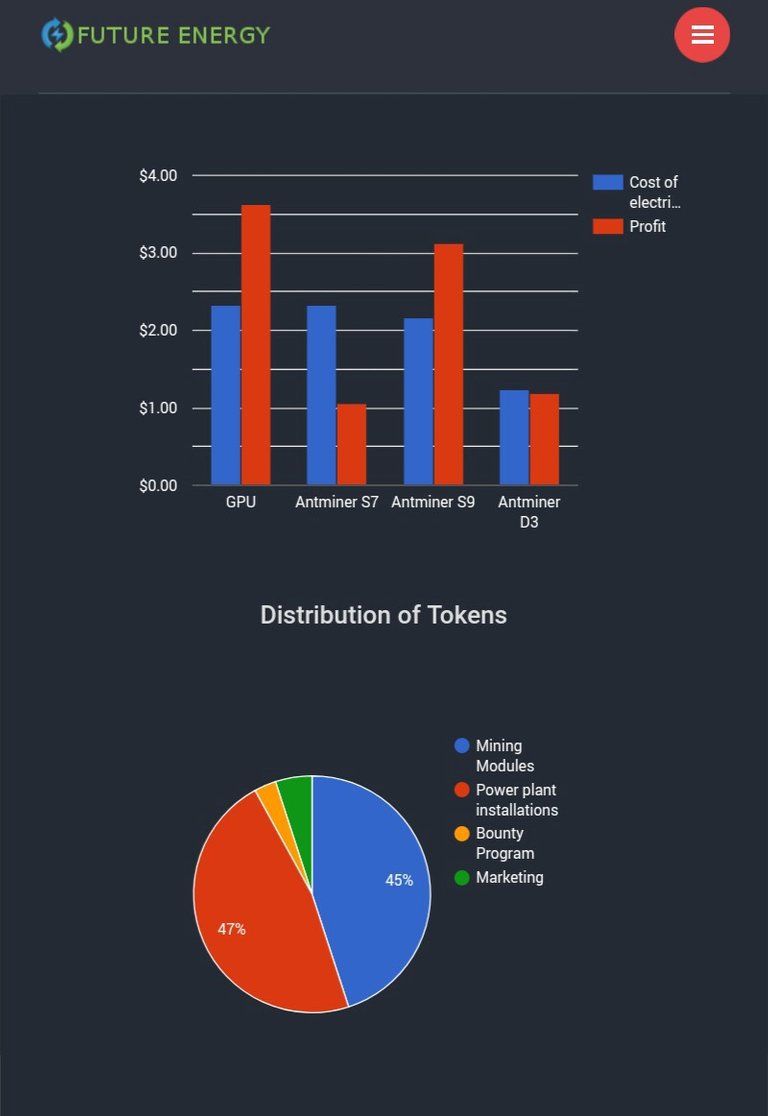
Over the years aroused a cryptocurrency boom that is showing no signs of slowing down. While mainstream adoption of Bitcoin and other digital currencies continues to rise, many people have started to question the environmental impact of mining. Critics have honed in on Bitcoin’s carbon footprint, arguing that mining is a huge waste of energy that is damaging to the environment. While resource consumption is a valid concern, it is important to look at the facts and put things in perspective.
Mining today requires specialised Application Specific Integrated Circuit (ASIC) hardware to handle the computationally intensive processing needed to “solve blocks,” or verify transactions and add them to the blockchain. These machines run hot and use a significant amount of electricity to perform the complex calculations involved in mining. As a result, the Bitcoin network uses an increasingly substantial amount of electricity to maintain the blockchain- by some estimates, around 32TWh per year, or roughly as much as Denmark.
That sounds like a lot – and it is – but when one looks at these figures in context, they quickly see that other large networks are carrying similar baggage. For example, Google emits 1.5 million tonnes of carbon annually, on par with the United Nations. The data centres relied on by the world’s more than 1 billion smartphone users are responsible for 1.5% of the world’s total electricity consumption. This is not to say that simply because other widely used technologies also consume many resources that Bitcoin’s environmental impact is not an issue, but rather to illustrate that the issue is not specific to Bitcoin.
There is no question that the Bitcoin network is, indeed, using a huge amount of electricity. The environmental impact of this, however, has much less to do with the amount of electricity being used than it does with how that electricity is being generated. While it is difficult to get specific numbers, it is widely known that a significant majority of the world’s Bitcoin mining happens in China, where electricity is cheap and comes primarily from burning coal.
AWARENESS AND REGULATION
Looking ahead, it seems clear that the current model of mining is not sustainable. Fortunately, awareness around energy consumption is growing rapidly, and there are many reasons to remain optimistic in terms of innovative solutions to the environmental impact of mining. As recently as January 2018, China’s PBOC voiced concerns over energy consumption coming from Bitcoin mining and announced plans to explore regulation in this space.
GOALS OF FUTURE ENERGY
Reduction of electricity costs to zero.
Independence from central networks.
Utilizing non-standard generation with an operational component equal to zero.
Unique capacity for implementation of the project in countries with a lack of electricity or its high cost.
THE USE OF LANDFILL GAS
Potential goldmines
However, by combining landfill remediation with resource recovery of the excavated waste, the net cost of the remediation activity can be drastically reduced. How? By generating recyclable goods and energy (carriers), all of which can provide much-needed revenue to counterbalance the cost of remediation.
In fact, if landfill mining followed the principles of the “enhanced landfill mining” approach, where higher added value outputs are targeted, the net economic balance of the combined remediation-landfill mining activity can even become positive, which is especially the case for larger landfills where economies of scale become relevant. As such, remediation combined with enhanced landfill mining can generate an income for public waste agencies, and this can then be used to cover the costs of remediating and mining smaller, less economic landfills that pose short-term environmental and health risks.
Other methods the future energy will be using is green house effects.
SOLUTION :Future Energy will provide its own electric power at a low tariff for the time of construction of such units. Immediately after the ICO, 47% of the collected funds will be spent on the construction of power plants, and 45% will go to purchasing mining equipment and the construction of the mining modules.
Can Mining Move to Renewable Energy?
With the likelihood of regulators cracking down on access to cheap non-renewable energy, it is easy to imagine that mining will do just as many other technologies have done and evolve to changing standards, adopting more sustainable methods and more efficient machines, as long as there are still profits to be made.
There already are innovative approaches to using renewable energy such as solar, wind, and hydroelectric power to operate mining equipment. Several large mining operations have set up shop or relocated to Iceland, taking advantage of that country’s abundance of inexpensive and efficient hydroelectric and geothermal energy. People are also seeing manufacturers race to produce progressively more efficient, less resource-intensive ASIC machines.
Conclusion
Scientists worldwide have been sounding the alarm for years in relation to humanity’s carbon footprint. The environmental impact of technology as a whole is something that the international community will almost certainly be struggling with for many decades to come.
While it is important to acknowledge Bitcoin’s role in contributing to the much larger issue of energy consumption, society should also recognise that the unprecedented rise in Bitcoin’s popularity over the past year has forced this issue to the forefront only very recently.
With all these I strongly recommend you to be a part of the great opportunity and good project that will help the world at large.

Webeite : http://icoenergy.org/?utm_source=btct
Whitepaper: https://icoenergy.org/docs/WP_eng.pdf
ANN : https://bitcointalk.org/index.php?topic=5035072.0?utm_source=btct
Telegram : https://t.me/futureenergygo?utm_source=btct
Facebook : https://www.facebook.com/futureenergygo/
Twitter : https://twitter.com/Future___energy?utm_source=btct
Vitalino
https://bitcointalk.org/index.php?action=profile;u=1785478
0x867987CAc17CF76083Fd8fd5F33B455fDbCBe008